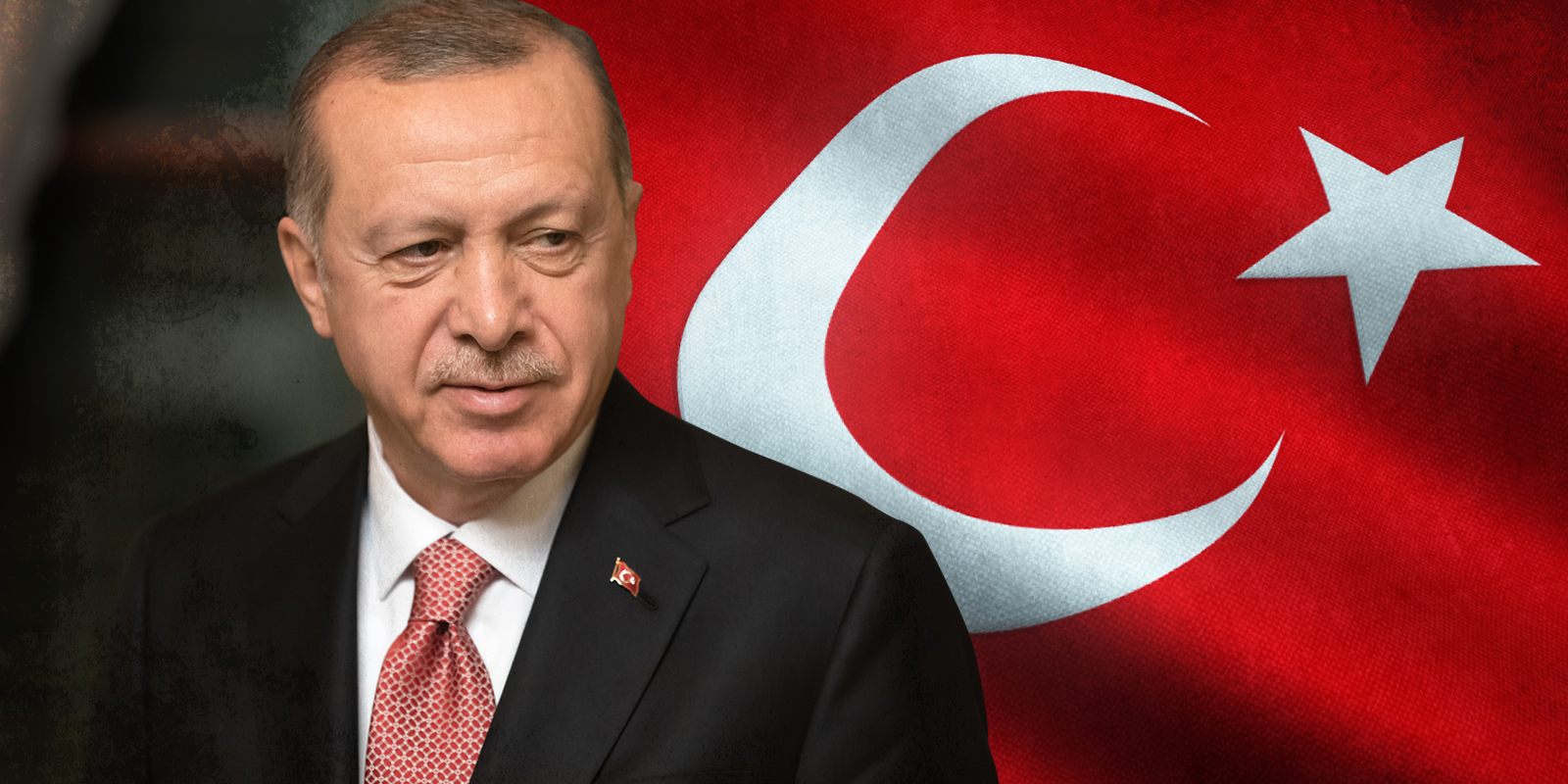Nora Bandari
On January 16, 2021, media sources reported that the Turkish authorities were considering taking steps to close the Brotherhood’s channels that broadcast from Istanbul and to hand over the group’s fugitive members to Egypt, indicating that Ankara wants to use this decision to reconcile with Cairo after the recent breakthrough in the framework of Gulf reconciliation and the entry of mediators to bring Egypt and Turkey closer.
The sources reported that this decision may be announced in the coming days, after Ankara realized that its alliance with the Brotherhood has caused it great damage.
This is not the first time that a decision like this has been announced. In August 2019, news of the closure of satellite channels affiliated with the Brotherhood was announced abroad due to disagreements between employees of El-Sharq and Mekameleen and those in charge of the channels, namely Ayman Nour and Hamza Zawba, respectively. In addition, there were sit-ins at these channels due to delayed salaries, which led to a decline in viewership.
In December 2019, El-Sharq channel, which broadcasts from Turkey and is financed by Qatar and managed by Ayman Nour, was closed on Facebook without mention to its viewers, which raised many questions at the time about the reasons for its closure.
Egyptian move
In February 2015, the Egyptian Ministry of Foreign Affairs stated that it had made international contacts to close the satellite channels of the Brotherhood, which constantly incite the killing and demolition of Egyptian state institutions by transmitting via European satellites, indicating that it was necessary to monitor these satellite channels and know their trends, founders and financing.
Questions arise now about Turkey’s efforts this time to close the Brotherhood’s channels, and when that is achieved, what are the implications of this?
Hesham al-Najjar, a researcher specializing in Islamist movements, told the Reference that the Brotherhood depends mainly on its media outlets abroad after losing control of the entirety of its activities on the scene, as was the case in the past, whether its presence and activity in the political street or even its violent movement and terrorist activity.
Najjar said that the Brotherhood’s channels abroad represented a tool in the hands of the group to prove that it is present and still has an impact on incitement and the policy of spreading rumors, frustration and distortion, as well as to prevent itself from going on the path of collapse and disintegration, because losing the last card through which the group was able to gain access to the arena after narrowing all the outlets on it means the dispersion of its members.
This is all an indication of the danger that the group will lose these tools by means of the moral payment that they represent to it, to compensate for its losses and defeats, whether political or its armed battle against the Egyptian state.
Najjar added that if the Brotherhood’s channels in Turkey are closed, then the group will search for alternatives, especially as it has other media outlets such as the Al-Hiwar channel in London, in addition to the group run by Azmi Bishara. It is then possible for the current leadership of the group to move closer to this wing to accommodate its discourse.








































admin in: How the Muslim Brotherhood betrayed Saudi Arabia?
Great article with insight ...
https://www.viagrapascherfr.com/achat-sildenafil-pfizer-tarif/ in: Cross-region cooperation between anti-terrorism agencies needed
Hello there, just became aware of your blog through Google, and found ...